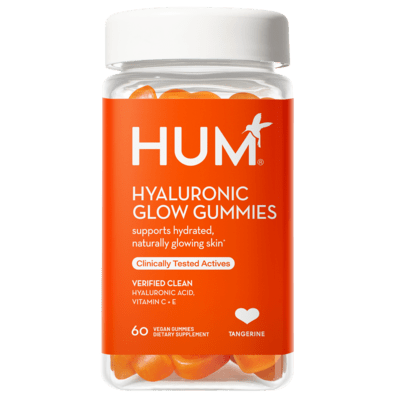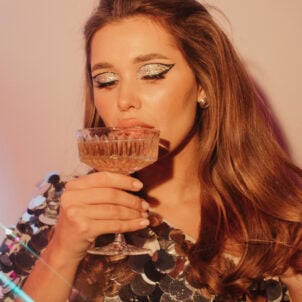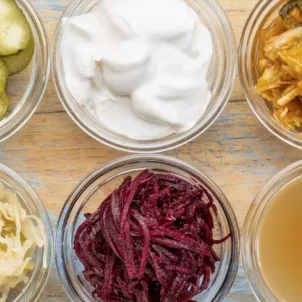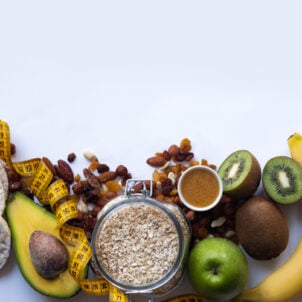THE WELLNEST • Food • Healthy Eating
Is LaCroix Dangerous? We Asked Two Nutritionists
By Zena Wozniak, NC, RYT •
October 9, 2018
Say it ain’t so!
No one was more shook than our employees to see LaCroix under fire for using scary-sounding artificial ingredients. Yikes! We drink cases of the stuff every week. Are the rumors true? Is drinking LaCroix dangerous? We consult with HUM nutritionists to find out, but first…

About LaCroix
LaCroix has amassed a cult following in recent years, but did you know that the stuff has been around since 1981? Its humble origins start in the Midwest, and in fact, the name comes from the St. Croix River in Wisconsin. (That’s why “La Croy” is the correct pronunciation, not “La Croah”.) The growing LaCroix obsession has two big factors. First, there’s the iconic look. LaCroix underwent a major rebranding in 2002. We can thank that project for the colorful labels we know and love today, which have since been adapted into swimsuits and even Halloween costumes. But more importantly, sparkling water sales are rising overall in recent years as consumers become more and more health conscious. In fact, statistics show that the number of liters of soda sold is declining every year while the number of liters of sparkling water rises. But is it really a healthy choice? You might recall that diet soda was once considered a healthy alternative only to get criticism later for its use of artificial sweeteners. Is sparkling water merely the next victim in a long line of fizzy drinks getting debunked?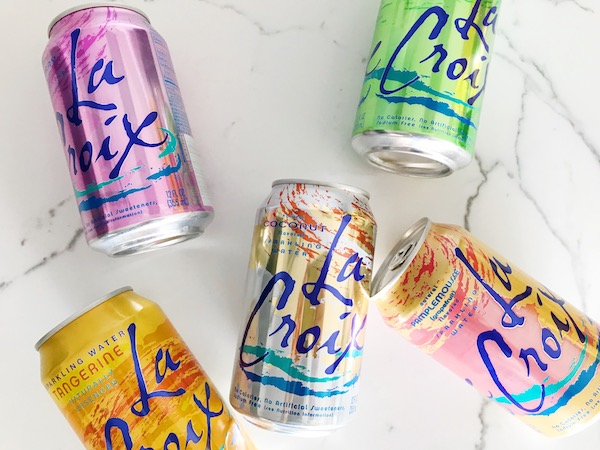
The Controversy
LaCroix is facing a class-action lawsuit for misleading consumers with the all-natural claims on their labels. The lawsuit says that testing found artificial ingredients in their product including linalool – which is used in cockroach insecticide. YUCK. But are things really as bad as they sound? LaCroix says no. “LaCroix sparkling water is a healthy beverage. All ingredients in LaCroix are natural. Allegations that claim otherwise are false and trouble us much as they trouble you,” they say via Twitter. Further digging shows that linalool does naturally occur in many plants. So while the use of it in cockroach insecticide sounds very scary, it’s perhaps no scarier than sodium used in plane deicing.The Nutritionists’ Verdicts
To settle things, we checked in with HUM nutritionists to get their opinion. “Linalool is actually terpene alcohol naturally occurring in a wide variety of flowering plants and spices like lavender, basil, cinnamon, lemongrass, cannabis, and more,” says Jessica Kelley, RDN. “It has a lemon aroma and is in many popular essential oils due to its relaxing and calming properties. Traditionally, it’s been used in Ayurvedic medicine to help treat anxiety and function as a sleep aid.” For that reason, she says, “I personally wouldn’t turn down an ice-cold LaCroix if that’s all that’s available. If given the choice, I’d opt for Spindrift, but this is purely a personal taste preference. Spindrift contains real fruit juice and therefore calories, but I’m okay with that.” Still, she insists, drinking LaCroix isn’t going to harm you. Sarah Greenfield, RDN, is less approving of the artificial ingredients. “While there isn’t great research to show that the compounds found in the product are bad, I typically steer clear of artificial chemicals in my foods. Looks like I’ll be going back to the plain, unflavored LaCroix and squeezing my own lemon.”It looks like to each nutritionist, her own! Will you still sip on LaCroix?
More like this
